Do you need separate brands for your business and business ideas?
If you’re creating different products and they’re not related, then of course they should be separate brands. But I’m a big believer that you should try to stick with one brand as much as possible. I know I haven’t done that and I think it’s a huge mistake.
When in Doubt, Stick to One Brand
For example, Neil started Quick Sprout because he had the domain name and wanted to blog about marketing. He didn’t plan for it to have a lot of sections, as that can get confusing, but it just sort of happened that way.
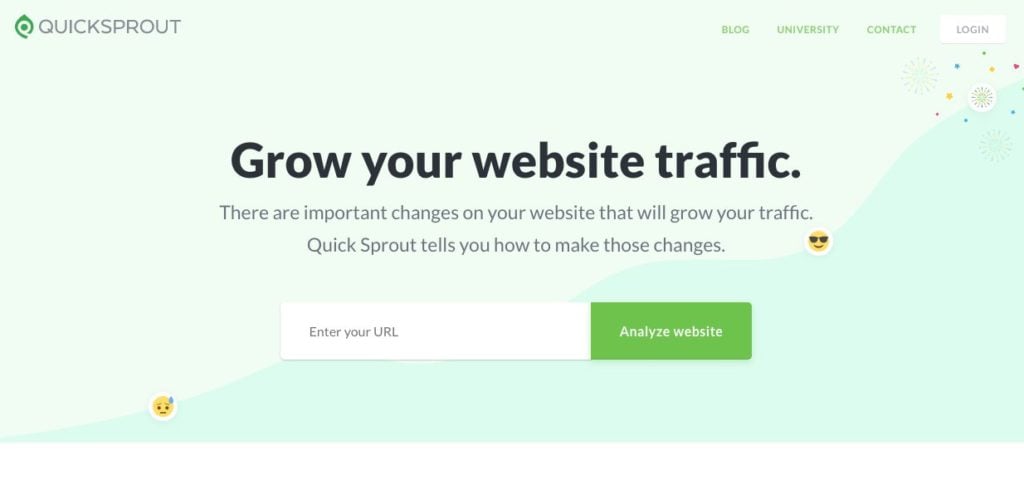
NeilPatel is separate because he didn’t own that domain name when he started Quick Sprout. If he had, there would be no Quick Sprout and it would just all be on NeilPatel.

As for his other businesses, like Crazy Egg and Kissmetrics, he couldn’t use Quick Sprout to promote them because they are different products and it’d be too confusing to combine them into one.
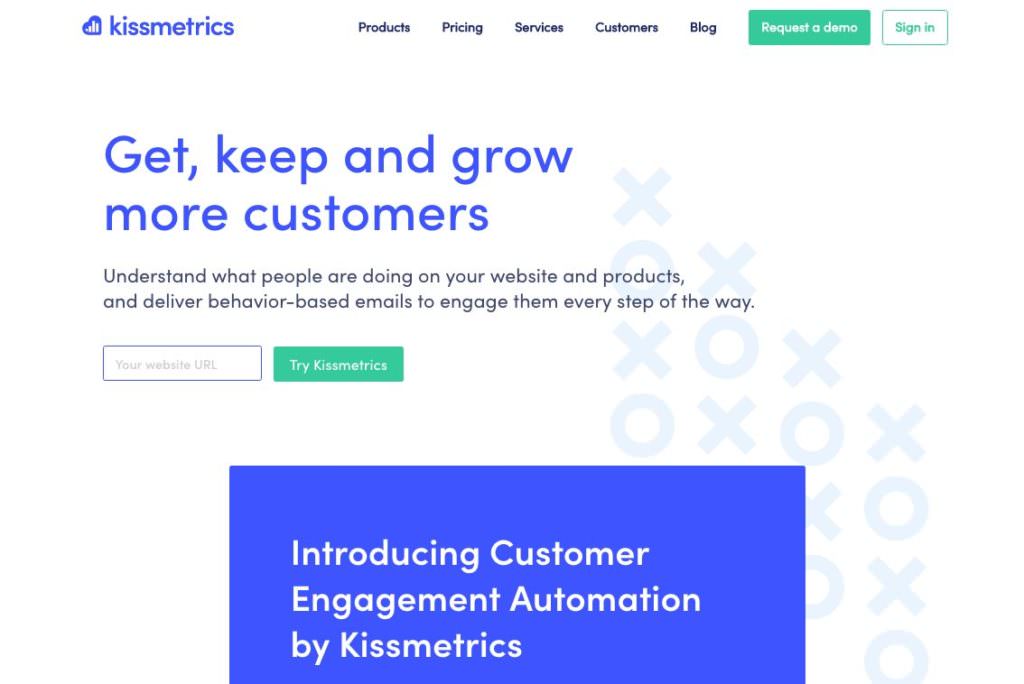
Crazy Egg is purely CRO, A/B testing, stuff like that. The goal of Quick Sprout is to teach you how to get more visitors to your website. The goal of Crazy Egg is to teach you how to convert visitors into customers.
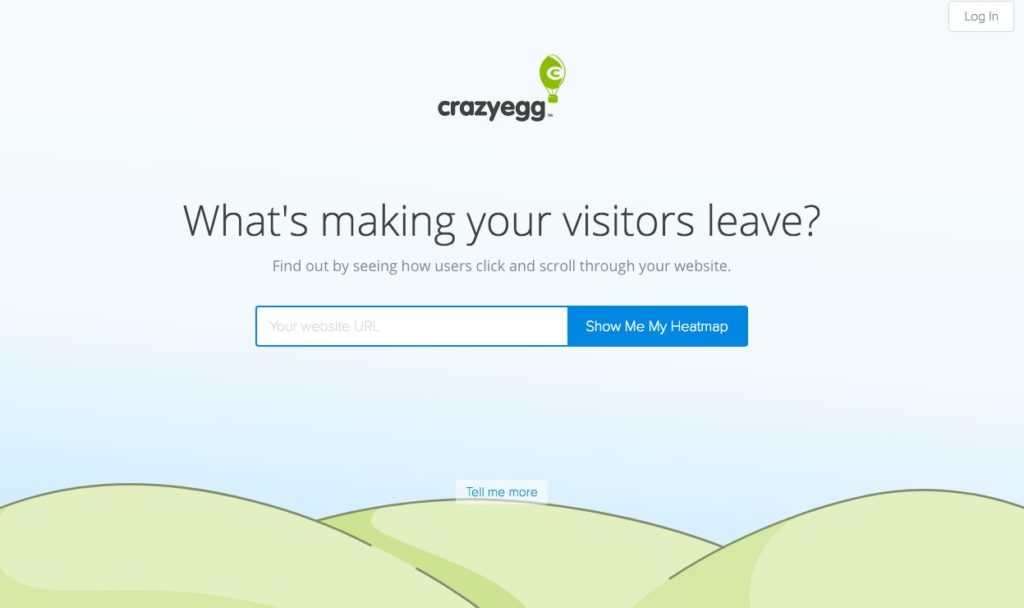
I started Growth Everywhere at the same time as Single Grain as a place where I could pay it forward and have these entrepreneurial interviews.
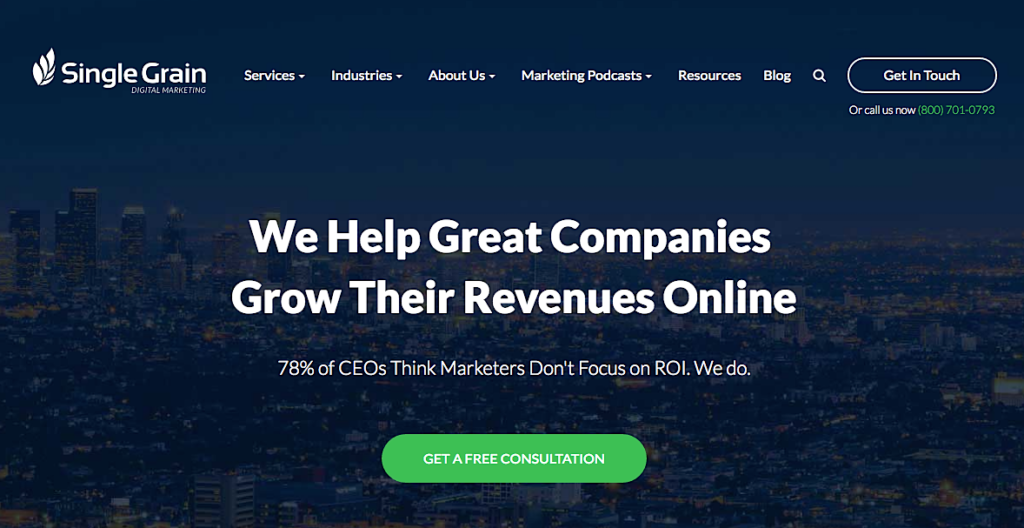
I had planned on keeping the two completely separate but I didn’t realize how much of an asset Growth Everywhere is to Single Grain. The two brands are a lot closer nowadays because Growth Everywhere actually does drive business leads for Single Grain and people who know Single Grain usually know what Growth Everywhere is.
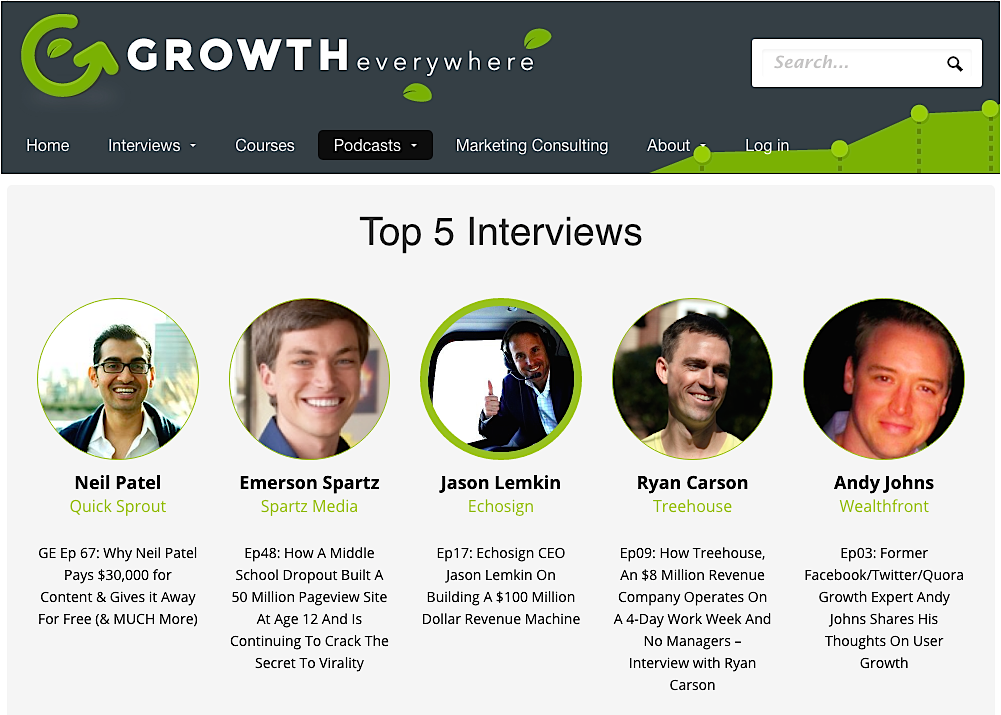
Keeping everything you’ve built up in one spot is useful because it’s really hard from a SEO perspective to build up that domain authority. It’s especially difficult when you start from scratch.
When you’ve built up so much juice into one website – traffic, social shares, tons of pages, SEO rankings, email lists – why would you want to do it all over again? I believe ranking in SERPs is the hardest part in building an online business, so for that reason, I try to keep each business under one brand. It’s simply too hard to have too many and you’re going to run into issues on a product perspective with increased brand confusion.
If the products are really similar, why not have it all under one brand?
Learn More: How Neil Patel Built and Grew His Personal Brand
Should You Have Multiple Businesses?
I think the more important question is not “Should I create multiple brands?”, it’s “Should I create multiple businesses?” Whatever brand you have, do you really need to add another brand or more products or more services? If your current product or brand is growing fast enough, why would you switch resources or focus?
I learned this from Brian Lee, the co-founder of LegalZoom and Honest Company with Jessica Alba. He once told me when I was interviewing him over email: “You should focus on your core business. The moment it flatlines—that’s when you can and should consider expanding, maybe creating new product lines or new brands. Until then, though, you should focus on the main one.”
Should You Have Multiple Blogs?
Another thing to ask yourself is whether you should have a separate brand for your company blog and your personal blog. Should you even have two blogs?
I’m a big believer in sticking to just one and in my opinion a lot of people shouldn’t even have a personal blog. Sure, there might be enough time in the day to blog on multiple sites. I know I do it. In general, though, most people can’t keep up with it. That’s why I would just stick with a corporate blog—you can sell a corporate blog.
For example, Neil can sell Quick Sprout. But he can’t sell NeilPatel.com. No one would want to buy it because the moment Neil leaves it’s useless since it’s his name.
Related Content: Why Your Brand Needs a Blog
It’s really hard to build up an audience. So once you have an audience, why would you shift to other products when you could just put it in the same domain name, leverage the audience, and generate the sales? Yes, you could take your audience and push them to another website but the conversion rate would simply not be the same.
The key takeaway is to maintain consistency and focus within your branding and business.
This post was adapted from Marketing School, a 10-minute daily podcast in which Neil Patel and Eric Siu teach you real-life marketing strategies and tactics from their own experience to help you find success in any marketing capacity. Listen to the podcast version of this post below:



